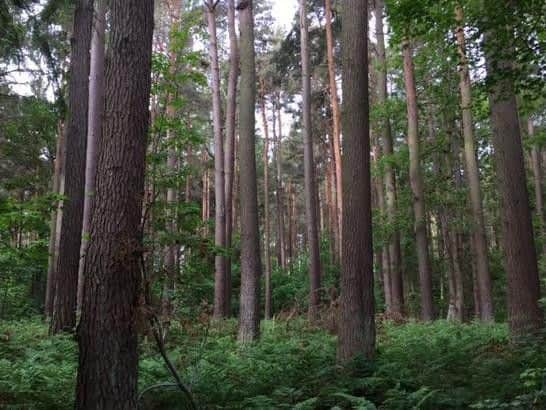Edinburgh University research finds those living near woodland are less stressed


Scientists say they have uncovered proof of the health benefits of being close to nature following research showing the risk of death from heart disease is lower in areas with more ‘greenness’.
The study, led by Professor Catharine Ward Thompson of the OPENspace research centre at the University of Edinburgh, suggests living within half a mile of open land can dramatically cut stress and prolong lifespan.
Advertisement
Hide AdAdvertisement
Hide AdIt also found families living nearby take significantly more time to appreciate the environment, while organised activities such as nature walks help to build a stronger community.


The findings, which examined six sites over a two-year period, state: ‘High prevalence of poor mental health is a major public health problem. Natural environments may contribute to mitigating stress and enhancing health.”
“Individuals who had not made nature visits in the previous year were more stressed compared with those who had made nature visits. The closer to greenspace you live, the more you benefit.”
The research was initially backed by the Forestry Commission Scotland, before the organisation was devolved and split into two separate entities in April.
Advertisement
Hide AdAdvertisement
Hide AdForestry and Land Scotland was set up to manage and promote the country’s national green space, while Scottish Forestry took over policy and regulation for the sites.
The organisation’s Woods In and Around Towns (WIAT) programme creates new urban woodland, tackles neglected environments and works with communities to help them use local greenspaces.
The initiative aims to increase contact with woodland for those in socially deprived urban communities, improving wellbeing and quality of life.
During their study the researchers - who carried out more than 6,000 interviews - found that people living near three WIAT-improved sites had lower overall levels of stress.
Advertisement
Hide AdAdvertisement
Hide AdThose living almost 200 yards from improved woodland had a personal stress level of 2.4, compared with more than 9.7 for residents half a mile away.
The study, in the journal Sustainability, found improvements were ‘highly appreciated by community members’.
It added: “Positive responses to the intervention included walking, appreciation of wildlife and nature and enjoyment of peace and quiet.”
Julie Procter, chief executive of Greenspace Scotland, said: ‘Greenspace is even more important for people living in more deprived areas. For some health outcomes access to quality greenspaces can help narrow the health inequalities gap.”